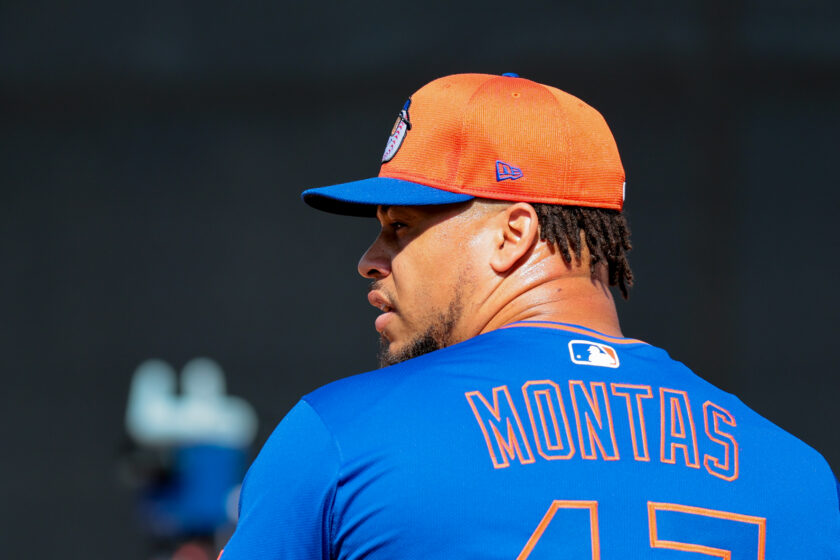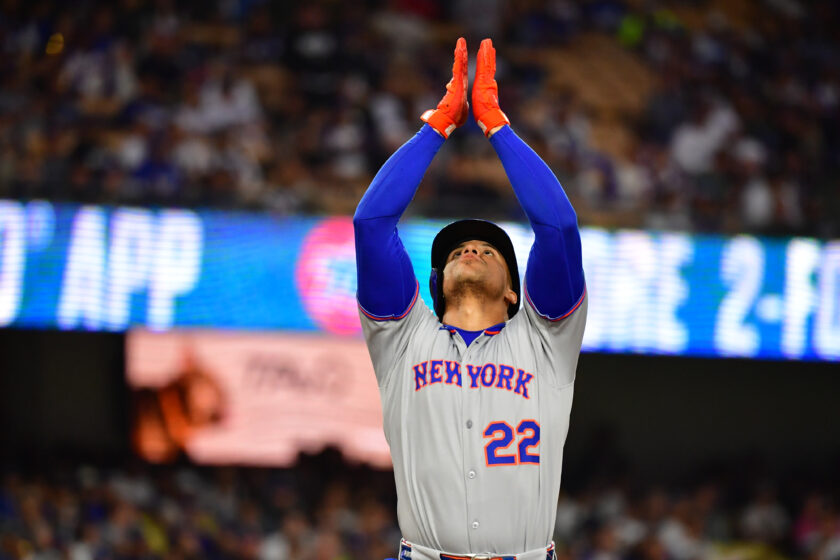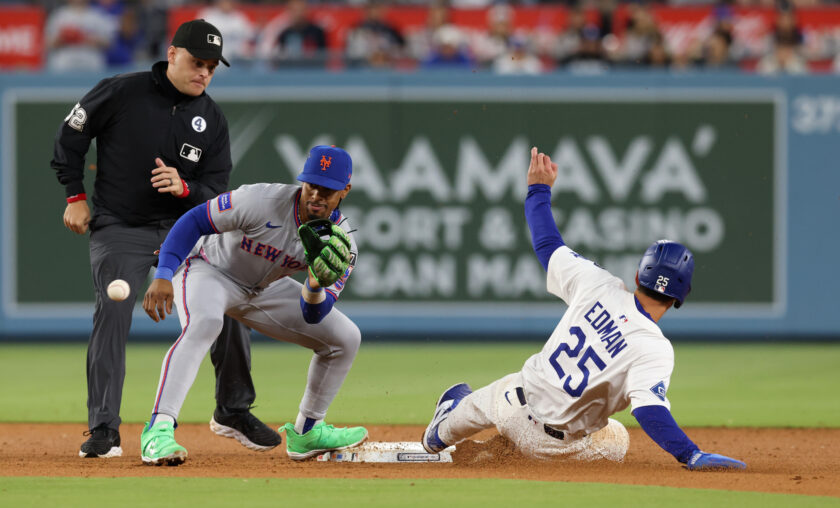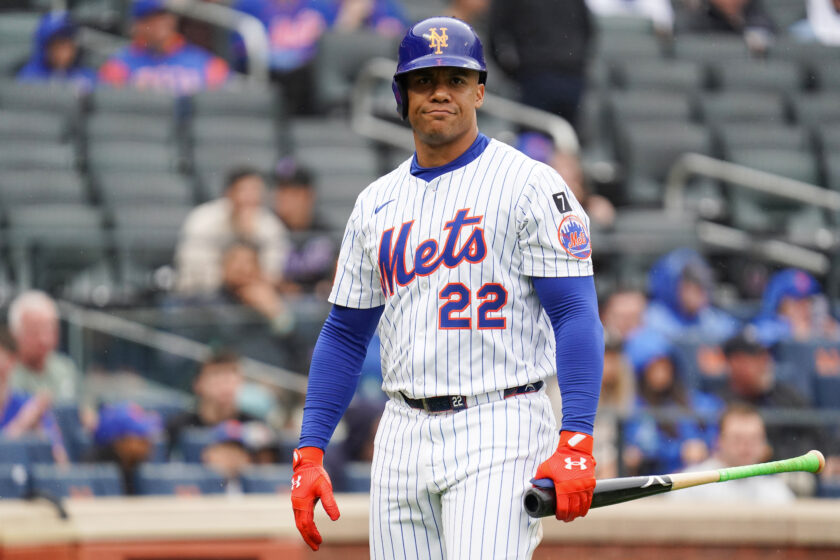The New York Mets should not even think about trading Zack Wheeler
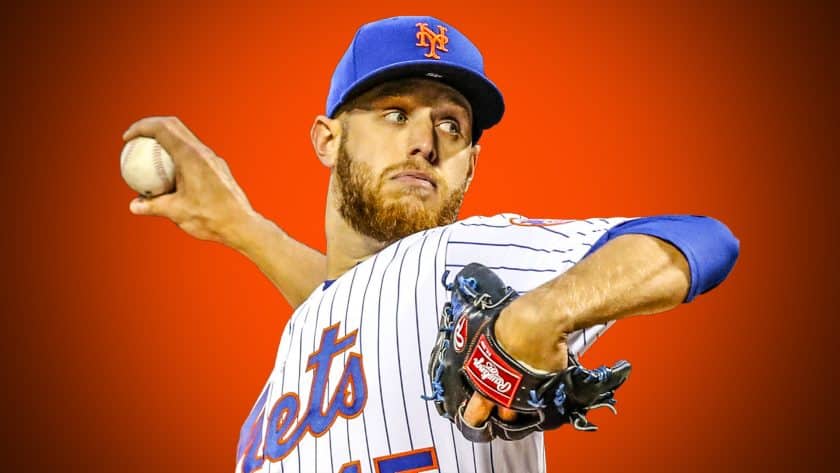
The New York Mets have a tough decision to make regarding Zack Wheeler soon, but it should be an easy one for the team.
The New York Mets have been stuck in neutral all season. Entering play on June 18, they sit at 34-38, 8.5 games out of first place in the NL East. They haven’t been bad, but they haven’t been good either, making the trade deadline a tough situation for general manager Brodie Van Wagenen.
On one hand, Van Wagenen still thinks the team has a shot to contend and would seemingly want to add to the team. On the other hand, one losing streak can knock the team right out of the bubble for contention.
With the trade deadline being six weeks away, it’s getting close to decision time for the team. Are they contenders or will they sell at the deadline?
The biggest question comes with starting pitcher Zack Wheeler, who is a free agent after this season. The team would certainly want to keep him if they feel that they can contend. But what if they didn’t think they could? That’s a big question, but the simple answer is that they should keep him either way.
First off, Wheeler is a good pitcher, despite his poor numbers this season. He owns an ugly 4.94 ERA, but his fielding-independent pitching (FIP) is a much more tolerable 3.84. Simply put, he’s been hurt by his defense severely this season, making his numbers look worse than they are. He’s a good pitcher that can help a contending team.
Wheeler’s FIP is much more in line with his career 3.88 ERA. His peripheral numbers are also very good. His BB/9 rate (2.7) is tied for the lowest of his career, while his K/9 rate (9.8) is the highest of his career. That all points to a pending turnaround coming for Wheeler.
The Mets could decide to sign him to a contract and keep him in town long-term. This would then solve the question of whether or not they should trade him. However, they gave big money to Jacob deGrom this spring and will have to make a decision on Noah Syndergaard soon.
Additionally, they have prospect Anthony Kay getting closer to joining the rotation, so it’s possible that they won’t want to commit to Wheeler, who has struggled some with consistency throughout his career and has undergone Tommy John Surgery.
[sc name=”Mets Center” ]However, even if they don’t want to keep him long-term, trading him wouldn’t get them the maximum value. Rental starting pitchers don’t bring back a lot of return in today’s MLB, especially guys who are having what is perceived to be a down year.
A pitcher like Madison Bumgarner will still bring back a high-level return, but a guy like Wheeler will likely bring back a couple of mid-level prospects. That’s fine if it’s all you can get for a guy, but the Mets have another option available to them.
The team could extend Wheeler a qualifying offer this winter. He could accept the offer. However, as a starting pitcher, he’s probably more interested in long-term security than a big one-year payday. This means he’d be more likely to reject the offer and go to free agency.
The Mets would then get a pick at the end of the first round, as well as additional draft bonus slot money (the picks in that range had a slot slightly over $2 million this year). This gives the team a chance to land another high impact player at the top of the draft. Plus, they’d get more money to grab one of the high upside players that always fall due to bonus concerns.
That freedom and the extra high pick is far more beneficial to the Mets long-term than the C-level prospect(s) they’d land in a trade. Trading Wheeler is simply poor asset management, and a path the team should avoid going down.
[sc name=”Twitter Follow Link” text=”Billy” username=”wmcine” ] [sc name=”Mets Link Next” link=”https://elitesportsny.com/2019/06/18/andrew-miller-on-mets-manager-mickey-callaway-new-york-is-another-level/” text=”Andrew Miller On Callaway: ‘New York Is Another Level’” ]I'm a student at Binghamton University. I'm a huge fan of the Mets, Rangers, Giants, and Jets, and will be covering them for the site, as well as fantasy hockey, football, and baseball. My twitter is @wmcine


